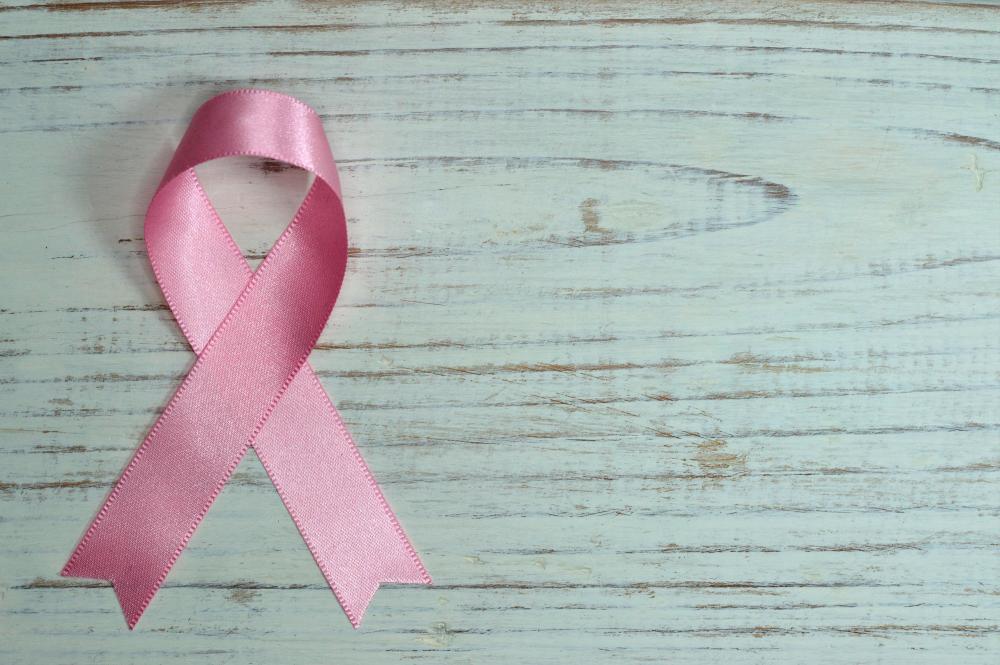JITRA: Not all lumps in the breast are symptoms of cancer, but a health checkup is mandatory to avoid any risk, said an oncologist and radiotherapist at Sungai Petani Pantai Hospital Dr Shazril Imran Shaukat.
He said any changes in the body should not be taken lightly and advised the public to take advantage of health check-ups provided by either private or government hospitals.
“Cancer is quite difficult to trace because it can resemble other less dangerous diseases, for example, a common symptom of breast cancer is a lump (lump) in the breast, but most are non-cancerous.
“So to know if the lump is cancerous or not, you have to do an in-depth examination or what is called a ‘triple assessment’, where there is a step-by-step procedure to find out what the lump is,“ he said.
He was speaking at a Health Forum: Comprehensive and Holistic Breast Cancer Treatment in conjunction with the October Pink Celebration which is World Breast Cancer Awareness Month, at Tasik Darul Aman Park here.
Dr Shazril Imran said Malaysians are fortunate to have easy and convenient access to health check-ups, with a variety of options available to suit different needs and budgets.
“In the United Kingdom, for example, if you want to see a doctor you have to make an appointment whether at private or government clinics or hospitals, there is no walk-in.
“The doctor will check and if there is any doubt you can go to a specialist doctor and if detected at an early stage, InsyaAllah, can be cured,“ he said.
Meanwhile, a general surgeon (Breast and Endocrine) at the hospital, Dr Norhashimah Khadir said most cancer patients in the country are diagnosed with the disease when they are already stage three, compared to neighbouring Singapore, with most of them detected with stage one or two cancer.
“Our people’s level of awareness is still low... For stage one, the cure rate is up to 90 per cent, stage two 70 per cent, stage three 50 per cent and stage level four almost none,” she said.
She said the mammogram test can help in the early detection of breast cancer, but many individuals are reluctant to do the procedure because they think it is painful.
“Mammogram is good because even if the lump is not there yet, it can detect the early signs of cancer. It does hurt a little when the breast is squeezed, but there is no bruising or need to take medicine after that,“ she said.
She said that individuals aged 40 and above and those with risks, like having a family member with cancer, are strongly encouraged to do a mammogram test to speed up the treatment process if they are diagnosed with the chronic disease.
Meanwhile, Sultanah Bahiyah Hospital (HSB) Palliative Medicine Specialist Dr Fazlina Ahmad said the inner strength of cancer patients can be ‘modified’ and they can live a more meaningful life.
“Despite living with cancer, they can live a normal life. The main function of palliative treatment is to provide comfort and the best quality of life to cancer patients.
“Palliative treatment is very important and we will help in terms of emotional management, identify symptoms of depression and help patients socially and to deal with spiritual issues.
“The purpose of palliative treatment is to bring patients out of their cocoons so that they can live more meaningfully regardless of the cancer stage they are suffering from. When it is called palliative, many are afraid, but some of our patients survive because we help them to stand on their feet again,“ she said.









